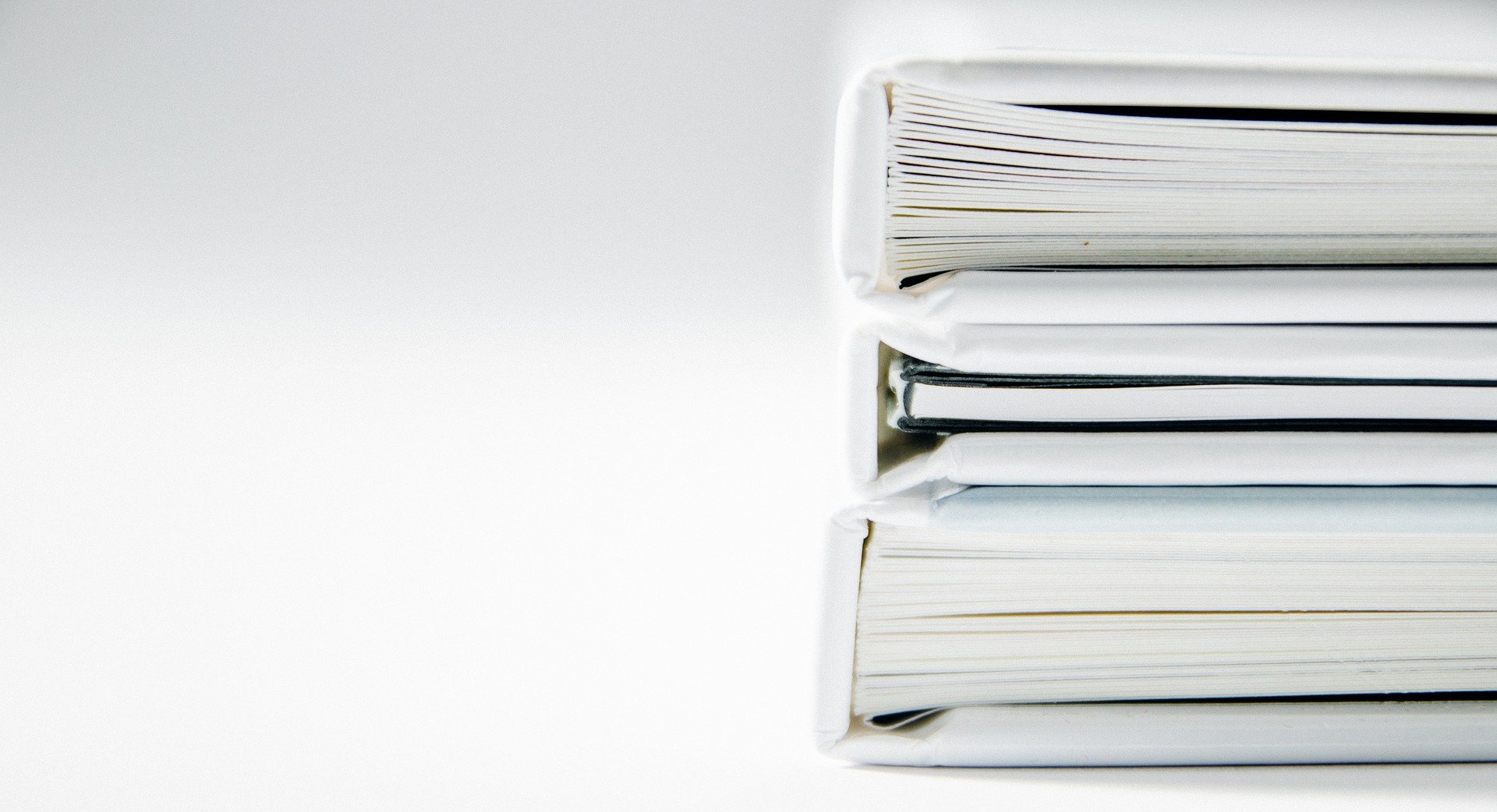Like almost every cosmetics legislation in the world, the EU Cosmetics Regulation prohibits the use of heavy metals in cosmetic products. Arsenic (As), Cadmium (Cd), Mercury (Hg), Lead (Pb) and Antimony (Sb) have the greatest potential to cause harm and are responsible for serious diseases. Other metals such as Nickel (Ni) or Chromium (Cr) are strong skin sensitizers and a current cause of allergic reactions.
Nowadays, not a single cosmetic manufacturer would think about using these metals intentionally in cosmetic products but non-intended presence of these metals may be observed in some cosmetics. The decorative cosmetic products using a lot of pigments are typically concerned by this issue although traces of heavy metals can virtually be found everywhere.
Beyond the safety aspects, the Authorities started to evaluate which trace levels qualify as unavoidable (and then tolerable) and which do not. The latest publication of the German Authorities on that matter has a real impact in the EU and BIORIUS believes that the EU Member States will become increasingly demanding in the future.
Generally speaking, the German Authorities (BfR) consider that, heavy metal contents in cosmetic products exceeding the values reported below are considered as technically avoidable (meaning that Article 17 cannot apply):
| Element | Cosmetic products in general (ppm) | Toothpaste (ppm) |
| Lead | 2.0 a | 0.5 |
| Cadmium | 0.1 | 0.1 |
| Mercury | 0.1 | 0.1 |
| Arsenic | 0.5 b | 0.5 |
| Antimony | 0.5 | 0.5 |
(b) For theater, fan or carnival make-up: 2.5 mg/kg
As of today, BIORIUS calculates the level of heavy metals present in a product on the basis of the raw materials documentation. However this method can lead to bad surprises: it can largely overestimate the level of heavy metals and raise unnecessary concerns or, in exceptional circumstances, underestimate the real content of heavy metals.
Therefore, BIORIUS recommends that brands selling decorative cosmetics start to provide heavy metals tests for their products. This test is inexpensive and BIORIUS can assist you (and-even perform it for you) if necessary. In the near future, BIORIUS will:
- Write a specific sentence in the CPSR-B when the theoretical levels are close to the limits outlined above. This sentence would encourage you to perform the test for this product.
- Strongly recommend a heavy metals test in case the limits reported above are exceeded from one time to three time.
- Require a heavy metals test in case the limits reported above are exceeded beyond three time.
Testing heavy metals is already a legal requirements in many countries: in the ASEAN countries (Thailand, Vietnam, Indonesia, …) but also in Korea and in Saudi Arabia.
Therefore, having this test would help you develop your business in these markets!


